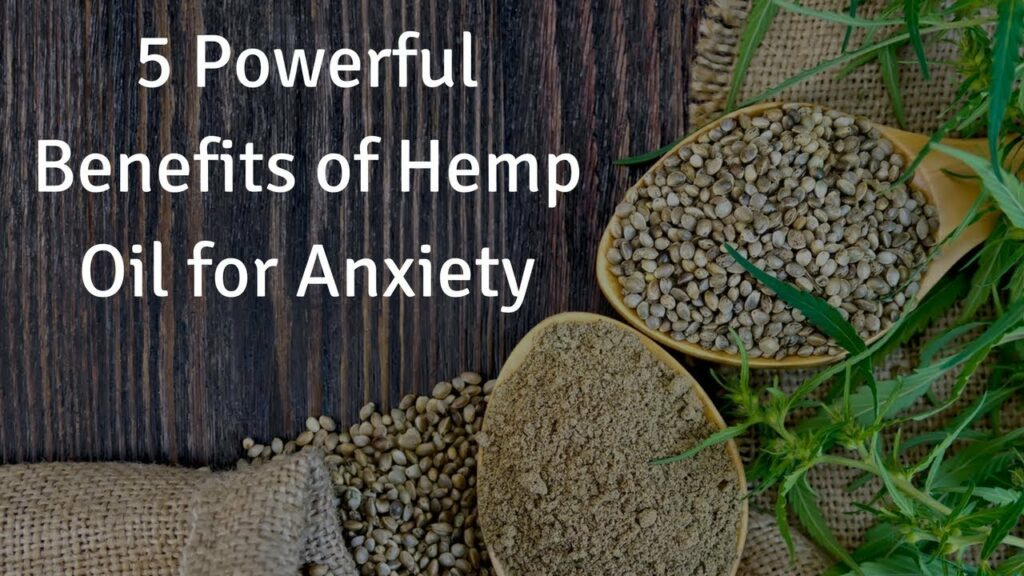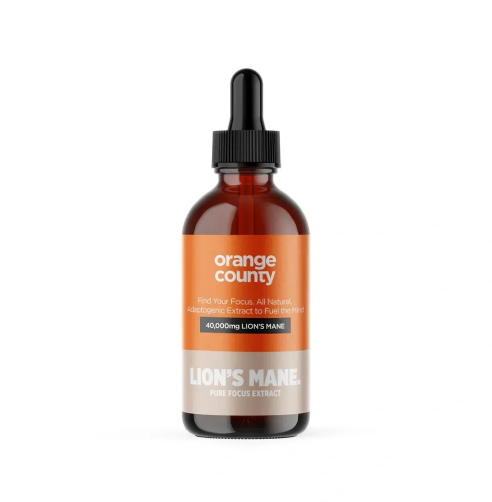
Introduction
Hemp, also known as industrial hemp, is a versatile plant that has been cultivated for thousands of years. It is a variety of the Cannabis sativa plant species and is grown specifically for its industrial uses. Hemp has gained popularity in recent years due to its numerous benefits and potential applications in various industries. From health and wellness to sustainability and economic potential, hemp offers a wide range of advantages. In this comprehensive guide, we will explore the benefits of hemp in detail.
Nutritional Value
Hemp seeds are highly nutritious and packed with essential nutrients. They are an excellent source of plant-based protein, containing all nine essential amino acids that the body needs for optimal health. Hemp seeds are also rich in healthy fats, including omega-3 and omega-6 fatty acids, which are beneficial for heart health and brain function. Additionally, hemp seeds are a good source of fiber, vitamins (such as vitamin E), and minerals (including magnesium, potassium, and iron). Incorporating hemp seeds into your diet can contribute to a well-balanced and nutrient-rich eating plan.
Environmental Sustainability
Hemp is a highly sustainable crop with numerous environmental benefits. Unlike many other plants, hemp requires minimal amounts of water to grow, reducing the strain on water resources. It is also naturally resistant to pests and does not require the use of pesticides or herbicides, which minimizes the environmental impact of farming practices. Furthermore, hemp has a deep root system that helps prevent soil erosion and improves soil health. This makes hemp cultivation beneficial for sustainable agriculture and soil conservation efforts.
Hemp Fiber and Textiles
Hemp fibers have been used for thousands of years to make textiles, and for good reason. Hemp fabric is durable, breathable, and has excellent moisture-wicking properties, making it ideal for clothing, upholstery, and other textile applications. Hemp fibers can also be blended with other materials to enhance their performance and sustainability. Compared to cotton, hemp requires significantly less water and land to produce the same amount of fiber, making it a more eco-friendly choice for textile production.
Industrial Applications
Hemp has a wide range of industrial applications, thanks to its strong fibers and versatile properties. It can be used to manufacture biodegradable plastics, paper, insulation materials, and even construction materials such as hempcrete. Hemp-based plastics are a greener alternative to traditional petroleum-based plastics, as they are biodegradable and have a lower carbon footprint. Additionally, hemp paper production requires fewer chemicals and less water compared to traditional paper production methods, making it more environmentally friendly.
Health and Wellness
Hemp-derived products, such as CBD (cannabidiol) oil, have gained significant attention for their potential health benefits. CBD is a non-psychoactive compound found in hemp and has been studied for its potential therapeutic effects. It is believed to have anti-inflammatory, analgesic, and anxiolytic properties, making it a popular natural remedy for a variety of conditions, including chronic pain, anxiety, and sleep disorders. However, it’s important to note that more research is needed to fully understand the effects and potential uses of CBD.
Economic Potential
The cultivation of hemp presents significant economic opportunities for farmers, businesses, and communities. Hemp farming can provide a sustainable source of income for farmers, as the plant grows quickly and has a wide range of applications. The demand for hemp-based products, such as CBD oil, textiles, and industrial materials, is steadily increasing, creating new business opportunities and job prospects. Moreover, hemp cultivation and processing can contribute to rural economic development and provide an alternative to traditional agricultural crops.
Environmental Remediation
Hemp has shown promise in environmental remediation efforts. The plant has the ability to absorb and break down pollutants from the soil and
water, a process known as phytoremediation. Hemp has been used in contaminated areas to remove heavy metals, pesticides, and other toxins from the soil, helping to restore and cleanse polluted environments. This makes hemp an eco-friendly solution for land remediation and rehabilitation, particularly in areas affected by industrial pollution or mining activities.
Reduced Carbon Footprint
Hemp cultivation and utilization contribute to the reduction of greenhouse gas emissions and carbon footprint. As a fast-growing plant, hemp absorbs carbon dioxide from the atmosphere at a rapid rate during its growth cycle, helping to mitigate climate change. Additionally, hemp-based products, such as biofuels and bioplastics, offer greener alternatives to fossil fuel-based products, further reducing carbon emissions and dependence on non-renewable resources.
Animal Feed and Nutrition
Hemp can also be used as animal feed, providing a nutritious and sustainable option for livestock. Hemp seeds and hemp meal, a byproduct of hemp seed oil extraction, are rich in protein, fiber, and essential fatty acids, making them valuable additions to animal diets. Including hemp in animal feed can improve the nutritional profile of livestock products and reduce the environmental impact associated with traditional feed crops such as soybeans.
Legalization and Economic Growth:
The legalization and regulation of hemp cultivation in many countries have opened up new opportunities for economic growth and job creation. The hemp industry has the potential to stimulate rural economies, create employment in farming, processing, manufacturing, and distribution, and generate tax revenues for local governments. By embracing hemp as a viable agricultural commodity, countries can tap into its economic potential and foster sustainable development.
Conclusion
Hemp is a versatile and valuable plant with numerous benefits across various sectors. From its nutritional value and environmental sustainability to its industrial applications and potential health benefits, hemp offers a wide range of advantages. Embracing hemp cultivation and utilization can promote sustainable practices, reduce environmental impact, and contribute to economic growth and job creation. As research and innovation continue to explore the potential of hemp, its benefits are likely to expand, making it an important resource for a sustainable future.
- Ultimate Guide to the Best Delta 8 Gummies In-Depth Review By Galaxy Treats - July 31, 2024
- Boost Your Wellness: My Review of House of Shrooms’ Mushroom Extract - July 29, 2024
- Live Resin Disposable Vape Products By Just Delta-Flavorful Escapades: My Live Resin Disposable Vape Journey with Just Delta - September 21, 2023



![Core [Stone]](https://hempandcbdlife.com/wp-content/uploads/2024/07/Core-Stone.webp)